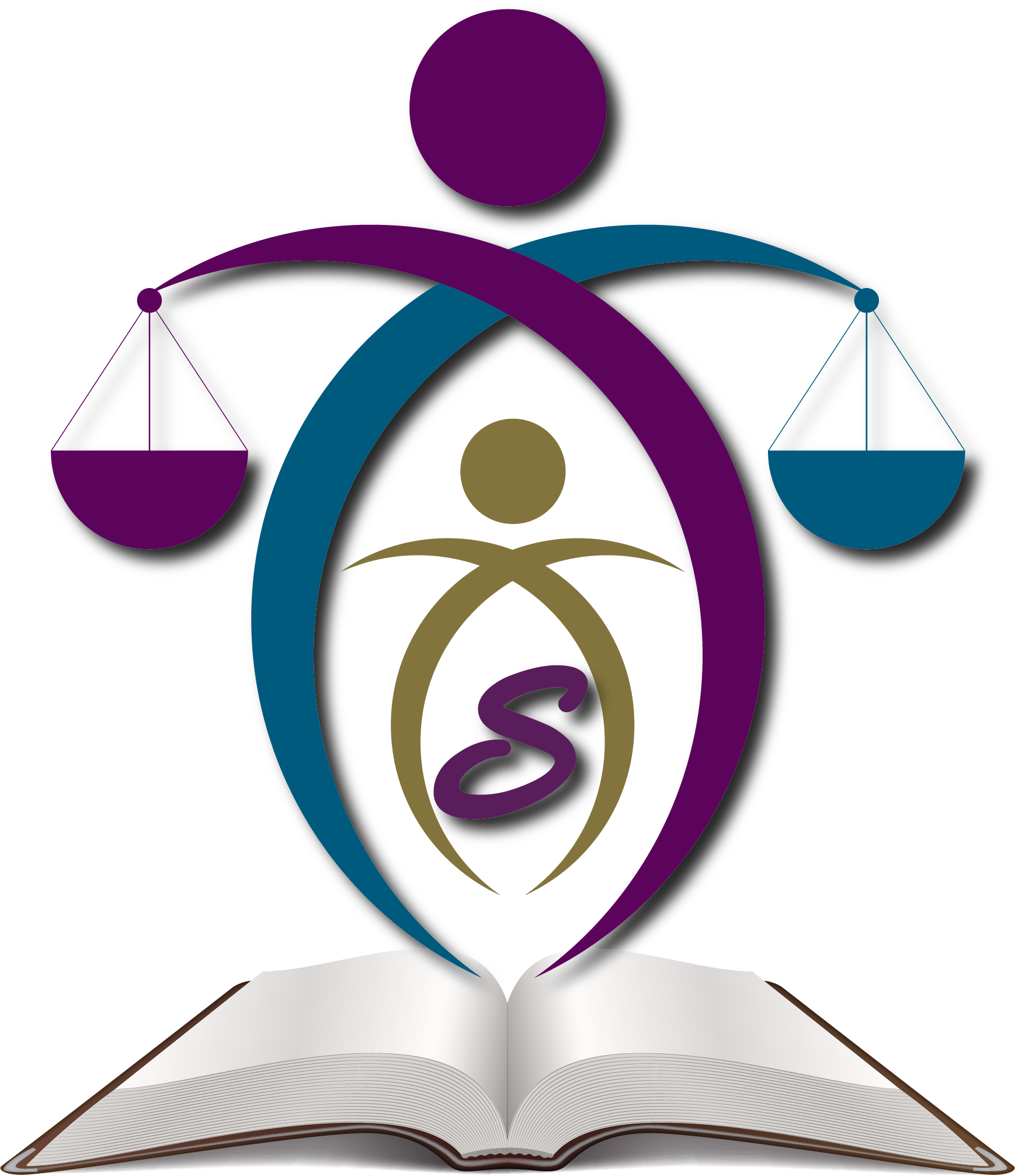
Religious Abuse
Religious Abuse | Understanding and Breaking Free | Strong Family Law, PLLC
What Is Religious Abuse?
Religious abuse occurs when spiritual beliefs, doctrines, or religious authority are used to manipulate, control, or harm individuals. This form of abuse can be deeply damaging, as it affects not only the victim’s personal autonomy but also their faith, community relationships, and emotional well-being. Religious abuse is surprisingly prevalent in Northern Idaho.
At Strong Family Law, PLLC, we help survivors of religious abuse understand their rights, seek legal protection, and break free from coercive and oppressive situations. If you or someone you know is experiencing religious abuse, you are not alone, and legal options are available to help you regain control of your life.
Forms of Religious Abuse
Religious abuse takes many forms, often involving coercion, intimidation, and control. Below are some common types:





If you have experienced any of these forms of religious abuse, it is important to seek legal assistance and support. Click below for a confidential consultation.
How to Identify Religious Abuse
Many survivors of religious abuse struggle to recognize what they are experiencing. Signs of religious abuse may include:
- Feeling fearful, ashamed, or unworthy because of religious expectations
- Being pressured or threatened into compliance with religious rules
- Experiencing guilt and shame for questioning beliefs or religious authority
- Being isolated from family, friends, or non-religious influences
- Feeling powerless to make personal choices about faith, relationships, or finances
If any of these apply to you, you may be experiencing religious abuse. Seeking help is a brave and important step toward healing.
Resources for Reporting Religious Abuse
If you need to report religious abuse or seek support, the following organizations can help:
- National Domestic Violence Hotline: 1-800-799-SAFE (7233) or text “START” to 88788
- FaithTrust Institute (Faith-Based Abuse Advocacy): www.faithtrustinstitute.org
- Survivors Network of Those Abused by Priests (SNAP): www.snapnetwork.org
- National Coalition Against Domestic Violence (NCADV): www.ncadv.org
- Strong Family Law – Legal Support for Religious Abuse Survivors: (208) 444-4482
Steps to Remove Yourself from Religious Abuse
Leaving an abusive religious environment can be emotionally and legally challenging, but it is possible with the right support.
Acknowledge the Abuse & Trust Yourself
- Recognize that manipulation, coercion, and control are not true faith.
- Know that you have the right to question and make your own spiritual choices.
- Seek counseling or support to help process religious trauma.
Establish a Support Network
- Reach out to friends, family, or secular support groups.
- Connect with faith-based communities that promote healthy spiritual practices.
- Seek professional therapy specializing in religious trauma recovery.
Document the Abuse & Gather Evidence
- Keep records of threats, coercion, or financial exploitation.
- Save texts, emails, or recordings from religious leaders or abusers.
- Document patterns of behavior that demonstrate ongoing control or harm.
Seek Legal Protection & Advocacy
- File for a protection order if religious abuse involves threats, harassment, or stalking.
- Modify custody agreements if a co-parent is using religion to control or harm children.
- Seek financial independence if you were financially exploited in a religious setting.
Click below to schedule a consultation to explore your legal options.
How Strong Family Law Can Help
At Strong Family Law, PLLC, we are dedicated to advocating for survivors of religious abuse, coercion, and manipulation. We offer:
- Legal guidance for survivors seeking protection and justice.
- Protection orders are not usually appropriate in cases of religious abuse.
- Custody modifications to protect children from religious coercion.
- Financial & property protections for those exploited in religious settings.
- Compassionate, confidential consultations to help you plan your next steps.
Click below to find out how we can assist you or your loved one with the terrors of religious abuse.
If you or someone you love is experiencing religious abuse, do not wait.
Call (208) 444-4482 today or click below to take the first step toward freedom and healing.


